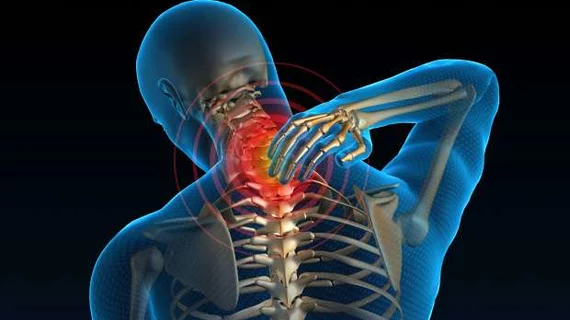Company developing PET imaging agent to help radiologists visualize, measure pain
A Montana-based company that produces treatments for neurological disorders has scored a $408,000 grant from the National Institutes of Health to develop a method of imaging and measuring pain.
Privately held Expesicor said it will use the one-year funding award to further refine its novel imaging agent, called EXP-801. If successful, it would allow radiologists to visualize and measure pain using positron emission tomography (PET). This could help to advance both the treatment of personalized pain and the development of new, non-opioid medications.
"Safe and effective therapies for pain management are lacking and misuse is far too common,” Braxton Norwood, principal investigator and CEO of Expesicor, said in a statement. “We're confident that EXP-1801 will help improve pain treatment and contribute to the development of novel therapies with lower abuse potential."
Funding comes by way of the NIH’s Helping to End Addiction Long-term (HEAL) initiative, aimed at preventing misuse and addiction while also enhancing pain management. Expesicor believes this would be the first tool enabling clinicians to objectively measure pain.

